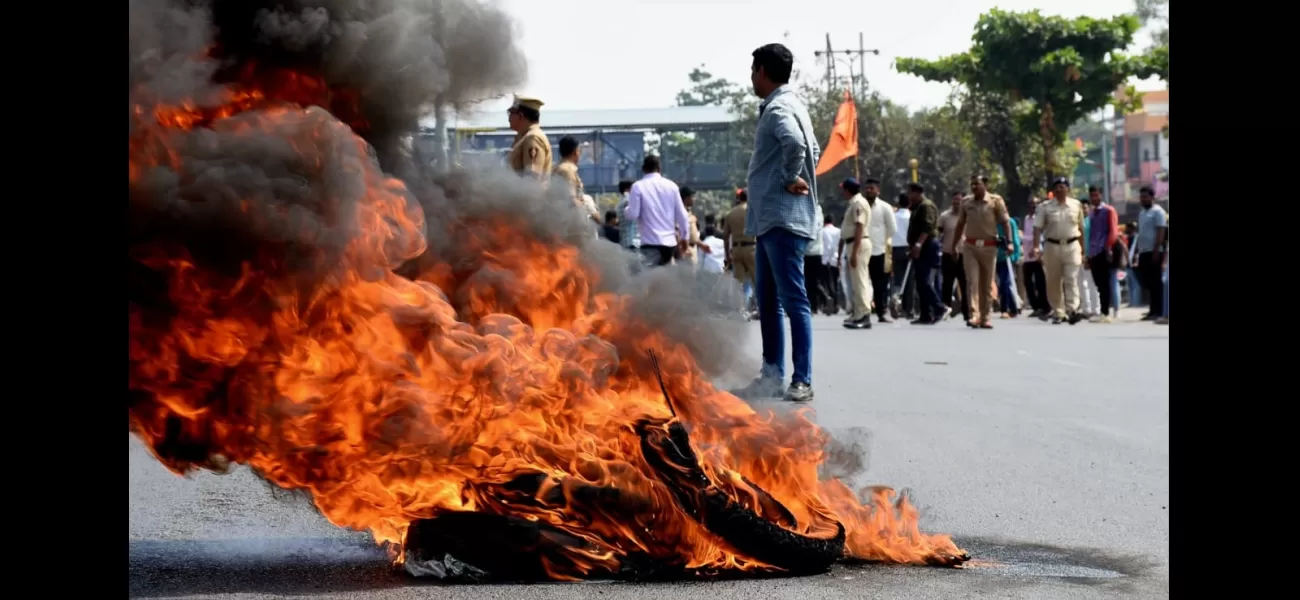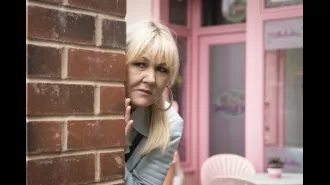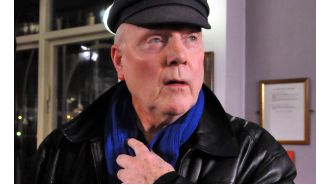Maratha community awaits Supreme Court ruling on their demand for reservation in Maharashtra.
November 2nd 2023.

The Maratha community in Maharashtra has been facing a vexed issue of reservation in matters of education and government jobs. The Maharashtra government has taken the issue to the Supreme Court in the form of a curative petition, and all eyes are on the outcome of this critical petition, which has deep political implications. It is interesting to note that the Constitution does not provide for a curative petition, but a concept of it was generated by a division bench of the Supreme Court in Rupa Ashok Hurra vs Ashok Hurra and another.
The concept of curative petition is entertained only in rarest of rare cases, and once all points urged by a petitioner are considered by the court and the review petition is rejected, there is no scope for a second review, as was clarified by the Supreme Court in J Ranga Swamy vs. Govt of Andhra Pradesh. However, the court went on to observe that there may be instances of manifest injustice in which the doctrine of ex debito justitiae may rise above the ordinary heights.
The apex court then noted that practicability of the situation needs serious consideration, but the redeeming feature of our justice delivery system, as is prevalent in the country, is adherence to proper and effective administration of justice. Thus, the concept of curative petition was introduced by the apex court.
The question is whether the government's counsel will be able to convince the court to admit the curative petition, as the court had already given ample opportunity to urge its points. Meanwhile, activist Manoj Jarange-Patil has ended his 9-day fast and given a January 2 deadline to the Maharashtra Government.
The government had first promulgated an ordinance granting 16 % reservation to Marathas in 2014, which was stayed by the Bombay High Court. The government then enacted the Socially and Educationally Backward Classes Act, 2014, but this too was stayed by the high court for its resemblance to the ordinance. In 2018, the government passed another Act, but its Constitutionally validity was challenged before the high court mainly on the ground that it violates the 50% ceiling imposed on reservations by the Supreme Court in the Indra Sawhney vs Union of India case. The Supreme Court, on appeal, rejected it on May 5, 2021 on the basis that it breached the 50% ceiling and vide the 102nd amendment to the Constitution, the states had no powers to identify backward classes.
It is now up to the Supreme Court to decide the fate of the Maratha community in Maharashtra. All eyes are on the outcome of the curative petition filed by the government and whether the government's counsel succeeds in convincing the court. Activist Manoj Jarange-Patil has given a January 2 deadline to the government to address the issue. Only time will tell what the future holds for the Marathas in Maharashtra.
The concept of curative petition is entertained only in rarest of rare cases, and once all points urged by a petitioner are considered by the court and the review petition is rejected, there is no scope for a second review, as was clarified by the Supreme Court in J Ranga Swamy vs. Govt of Andhra Pradesh. However, the court went on to observe that there may be instances of manifest injustice in which the doctrine of ex debito justitiae may rise above the ordinary heights.
The apex court then noted that practicability of the situation needs serious consideration, but the redeeming feature of our justice delivery system, as is prevalent in the country, is adherence to proper and effective administration of justice. Thus, the concept of curative petition was introduced by the apex court.
The question is whether the government's counsel will be able to convince the court to admit the curative petition, as the court had already given ample opportunity to urge its points. Meanwhile, activist Manoj Jarange-Patil has ended his 9-day fast and given a January 2 deadline to the Maharashtra Government.
The government had first promulgated an ordinance granting 16 % reservation to Marathas in 2014, which was stayed by the Bombay High Court. The government then enacted the Socially and Educationally Backward Classes Act, 2014, but this too was stayed by the high court for its resemblance to the ordinance. In 2018, the government passed another Act, but its Constitutionally validity was challenged before the high court mainly on the ground that it violates the 50% ceiling imposed on reservations by the Supreme Court in the Indra Sawhney vs Union of India case. The Supreme Court, on appeal, rejected it on May 5, 2021 on the basis that it breached the 50% ceiling and vide the 102nd amendment to the Constitution, the states had no powers to identify backward classes.
It is now up to the Supreme Court to decide the fate of the Maratha community in Maharashtra. All eyes are on the outcome of the curative petition filed by the government and whether the government's counsel succeeds in convincing the court. Activist Manoj Jarange-Patil has given a January 2 deadline to the government to address the issue. Only time will tell what the future holds for the Marathas in Maharashtra.
[This article has been trending online recently and has been generated with AI. Your feed is customized.]
[Generative AI is experimental.]
0
0
Submit Comment





